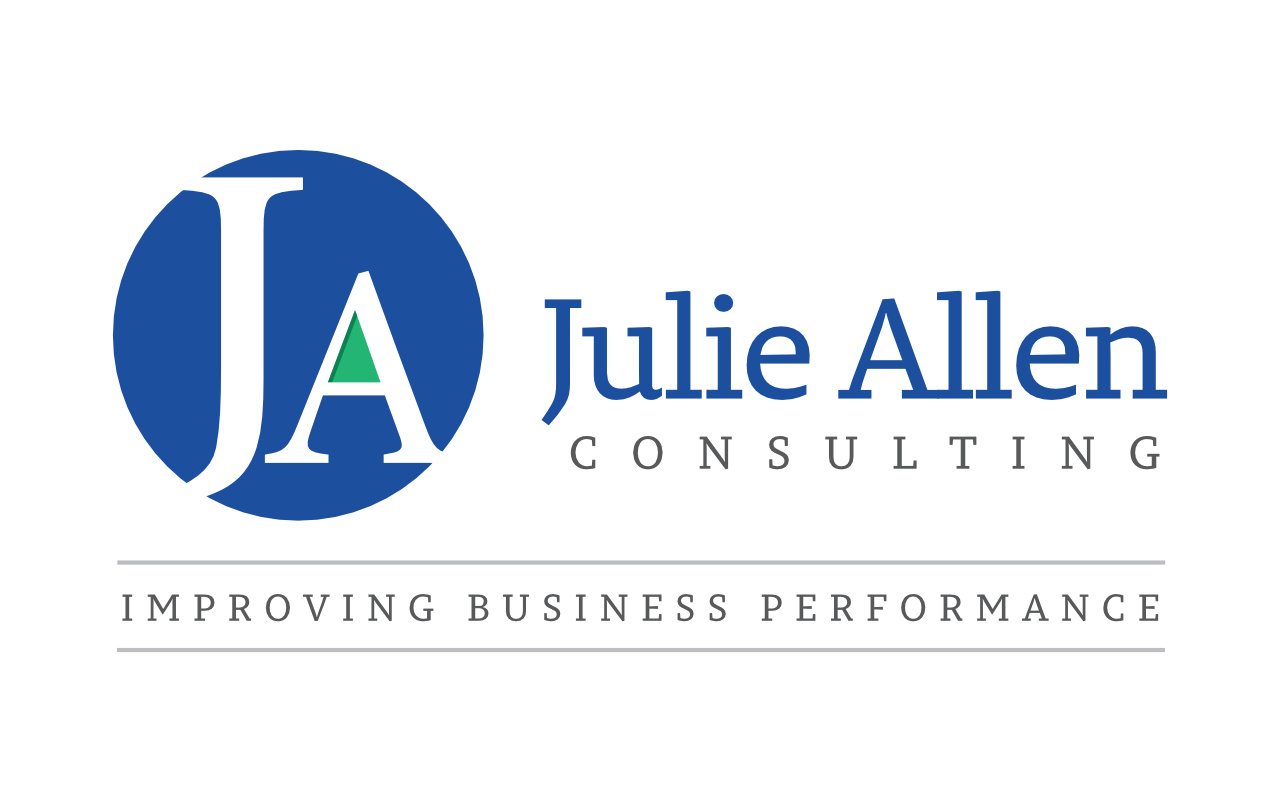How to be an Agile Leader with Psychological Flexibility
Over the last number of months, I have been listening to many leaders discussing the challenges of being a leader in 2022; the difficulties recruiting, maintaining a work life balance and the pressure of developing a high performing team.
"Emotions are behind every single decision and action we take in life."
K. V. Petrides (Professor of Psychology and Psychometrics at UCL)
Agile leadership is a leadership style in which leaders understand that one specific way of leading will not work for every situation and are therefore able to adapt their style to respond effectively to the changing circumstances. Consultancy firm McKinsey and Company believe ‘it’s crucial that senior leaders develop new mind-sets and capabilities to transform themselves, their teams, and the organization’.
A great first step to developing a leader’s mindsets and capabilities is to measure the individuals perception of their ability to manage their own and other people’s emotions using an assessment called the Thomas International Trait Emotional Intelligence Questionnaire (TEIQue) which measures . It does this within 4 factors; wellbeing, self-control, emotionality and sociability. Each of these factors are then broken down into a total of fifteen facets.
Once completed the individual can identify their strengths and areas of development.
The second step is to develop the leader’s psychological flexibility that is their ability for the individual to take action or behave in a way that brings them satisfaction even in the presence of uncomfortable thoughts, feelings and experiences.
To do this I share a scientifically prove point of view called the ACT Matrix, created by clinical psychologist Dr. Kevin Polk. During the demonstration I ask the individual four essential questions:
Who is important to you?
What internal unwanted stuff do you experience?
How to you get relief from the unwanted stuff?
What action or behavior would bring you satisfaction in your approach to who is important?
During this 1 hour masterclass I will help you understand:
How your emotions could be impacting on every area of your life.
How we can measure your perceptions of your ability to manage your own and other people's emotions.
What psychological flexibility is and how to achieve it.
What attendees said about this masterclass:
“Thank you Julie leaving with new knowledge and thought process.”
“Thank you Julie excellent.”
Do you need further help?
If so, I offer a complimentary call to discuss your requirements and how we might work together.
